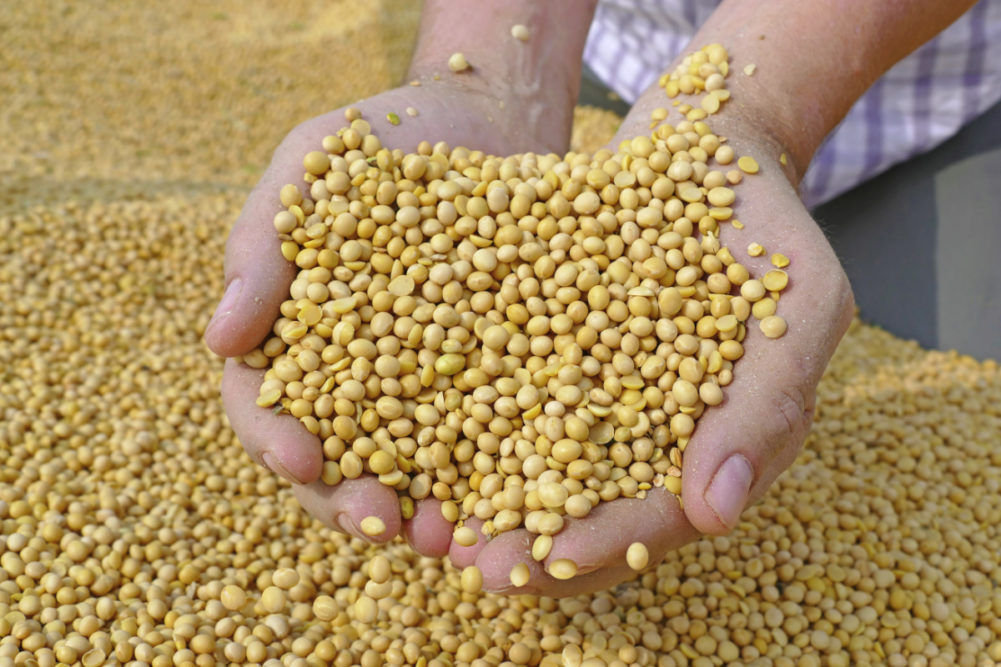ST. LOUIS, MISSOURI, US— A total of 100 million tonnes of US Soy Sustainability Assurance Protocol (SSAP) has been exported internationally since the protocol was introduced in 2014.
The use of the SSAP certificate has grown since its launch. About 65 US exporters issued SSAP certificates for 25.8 million tonnes of US soy in the 2021 marketing year compared to 6,845 tonnes shipped with a SSAP certificate in 2014.
“As consumer consciousness about health, the environment, and the need to meet global nutrition and food security continue to drive demand for nutritious and sustainable protein, the US SSAP enables our global food, feed, consumer packaged goods (CPG), and retail sector customers with verified sustainable US soy.” said Jim Sutter, chief executive officer (CEO) of the US Soybean Export Council (USSEC). “A reliable supply of high-quality, sustainably-produced US soy plays a vitally important role in enabling families and the food-feed industry around the world to feed our growing planet sustainably, and US soy farmers are up to the challenge.”
According to USSEC, North Asia and Europe regions request an SSAP-verified certificate for nearly 100% of their purchases.
“Our SSAP certified soybean oil imported from the US has been used as a concrete release agent for the Tokyo 2020 Olympic main stadium and relevant facilities,” said Saitama Ryokoku Company, a grain and feed wholesaler in Japan. “Interest toward environmentally-friendly initiatives and the UN Sustainable Development Goals (SDGs) is increasing in Japan, and we will continue to supply SSAP certified soybean oil and soybeans in our sales activities to add value to our customers.”
The increased demand for sustainable soy globally has pushed the US soy industry to develop the independently audited SSAP to back up US soybean farmers’ commitment to sustainability. Each year, US farmers perform an annual internal audit which is reviewed by third-party, independent audits conducted by the US Department of Agriculture (USDA). According to the American Soybean Association (ASA), there are about 20,000 independent audits conducted each year.
“US soy farmers have pursued sustainable practices for decades for the benefit of their businesses, the planet and our society as a whole,” said Polly Ruhland, CEO of the United Soybean Board. “It’s farmers innate stewardship to grow more with less and sustain their land and soils for the next generation. The milestone of 100 million tonnes of SSAP verified shipments is proof of how our farmers are striving to be global leaders in sustainability. The Olympic Games provide an international stage to demonstrate how US soy farmers and industry embrace climate smart agriculture to further increase sustainability.”
The SSAP has been recognized as compliant with the European Feed Manufacturers’ Federation (FEFAC) Soy Sourcing Guidelines, the Olympic and Paralympic Games Tokyo 2020 Organizing Committee’s sustainable sourcing code for agricultural products, the Consumer Goods Forum, and the Global Seafood Alliance’s Best Aquaculture Practices for the Olympic and Paralympic Games.
“America’s soybean growers are dedicated to the sustainability of our environment, society, and economy,” said Stephen Censky, the CEO of ASA. “The SSAP is a vital part of this commitment and, as a result, continues to gain global food industry and institutional recognition.”





